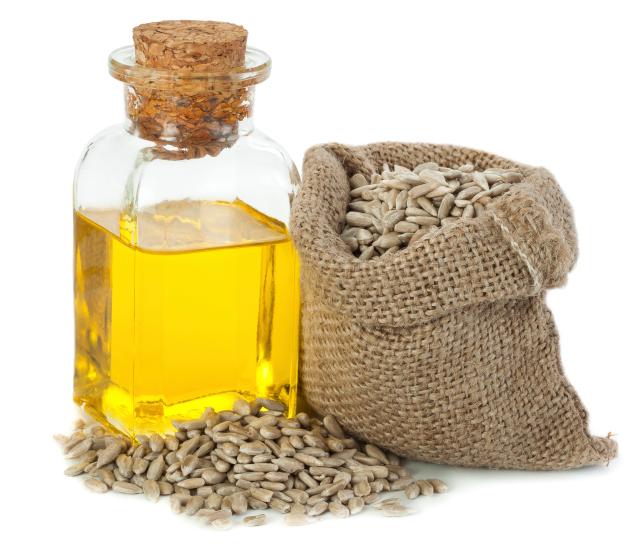With a greater focus on heart-healthy foods, the types of fats and oils we consume are put in the spotlight. The overwhelming variety of oils available at the grocery store might make you wonder about which oils are healthy and which are not.
Healthy Oils
For greater health benefits, aim to include more unsaturated fats in your diet. These fats are less likely to contribute to buildup in the arteries that increase vascular and heart disease risk, and can help lower cholesterol. Choose these kinds of healthier fats and oils:
- Olive oil
- Canola oil
- Nuts, or oils made from nuts (for example, walnut oil)
- Seeds, or oils made from seeds (for example, flaxseed, sunflower, or safflower oil)
- Fatty fish (salmon, tuna)
Remember to pay attention to serving sizes and eat healthy fats and oils in moderation—avoid eating too much of any fat or oil, as they are high in calories.
Unhealthy Oils
Consuming saturated and hydrogenated (trans) fats can worsen your heart disease risk by contributing to buildup in the arteries. Examples of saturated fat, or solid fat, include:
- High fat cuts of meat
- Full-fat dairy products
- Butter
Hydrogenated or trans fats are plant-based oils altered to be more shelf-stable and last longer. They are listed on food labels as hydrogenated or partially hydrogenated oils (for example, partially hydrogenated vegetable oil), and they are found in many baked goods, packaged snack foods, and fried foods, such as cookies, crackers, and chips. These fats are unhealthy because they decrease good cholesterol levels and increase inflammation in the body. Avoid consuming these whenever possible, and choose healthier oils and fats instead.
What about tropical oils?
Even though tropical oils, such as coconut oil, are actually saturated fats, they come from plants instead of animals, making them cholesterol free and a healthier option compared to animal fats. But as with all fats and oils, watch your serving sizes and consume them in moderation.
Should you avoid using all unhealthy oils?
Fat/oil intake should make up 20-35 percent of your total daily calories. The current dietary guidelines recommend eating no more than 7-10 percent of your total daily calories from saturated fat sources, including tropical oils, such as palm or coconut oil. The majority of your fat intake should come from healthy fat sources. Eliminate hydrogenated or trans fat from your diet as much as possible.
How do I use healthy oils in my diet?
- Choose healthy oils instead of less healthy oils.
- Cook and bake with olive or canola oil in place of butter.
- Start eating at home more often to cut back on the higher fat content in restaurant meals.
- Choose lean meats instead of meat with higher fat content.
- Choose reduced fat dairy over full-fat dairy products.
- Remove the skin from chicken, or use skinless chicken breasts or thighs.
- Limit how often you have high-fat meals and desserts each week. Choose “whole food” snacks, like fruits and vegetables, over cookies and chips.
If you’re a Health Advocate member with access to the Wellness Coaching program, reach out to your Wellness Coach for more information on fat intake and choosing healthy fats.
Have a question for a Health Advocate? Email nhess@healthadvocate.com, and your question may be the topic of an upcoming “Ask a Health Advocate” column!



